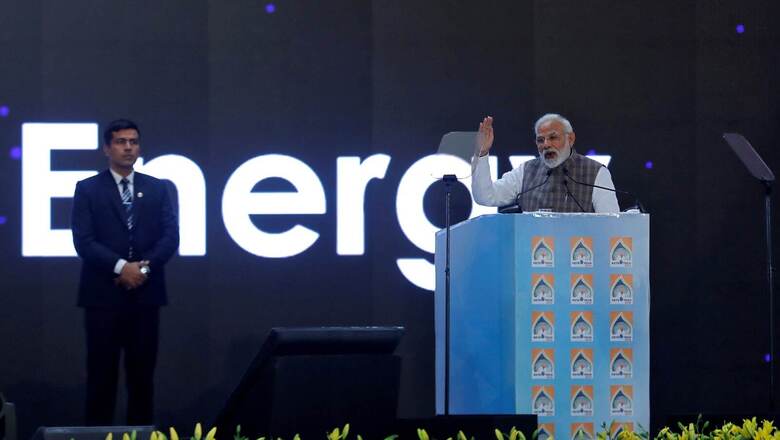
views
The government has established a ‘society’ under the Ministry of Power that would serve as the primary policy advocacy arm for the power and related sectors, assisting states and industries with cutting-edge research and helping develop solutions and methods for India’s energy transformation.
Central Public Sector Enterprises (CPSEs) such as NTPC, Powergrid, REC, PFC, NHPC, THDC, NEEPCO, and SJVN have registered the Power Foundation under the Societies Act, under the Power Ministry. According to a memorandum by the ministry, RK Singh, the Minister of Power and New and Renewable Energy, is the society’s chair. A search-cum-selection committee has named former Power secretary Sanjiv Nandan Sahai as Director-General.
“The Power Foundation aims to be the foremost policy advocacy body, which would engage in national dialogues on power and allied sectors, providing authoritative analysis, data, policy recommendations and real-world solutions to help states provide secure and sustainable energy for all and to create smooth pathways for India’s Energy Transition,” the memo noted.
The ministry also explained that the foundation intends to lead the way in commissioning independent and evidence-based research studies on various aspects of energy transition in the power sector through credible institutions, and then disseminating the gathered information through appropriate communication channels to raise awareness among the identified stakeholders.
Renewable Energy
Climate change is real, and it is affecting people and places all around the world. There is no way to protect the environment without fundamentally changing how we generate and consume electricity. Considering the challenges ahead, the Indian government is now exploring a new space—renewable energy.
India is predicted to have a total renewable energy potential of around 1,636 gigawatts (GW) (including large hydro). From 203,925.77 million units (MU) in FY17 to 297,547.03 MU in FY21, power generation from diverse renewable energy sources has increased. Apart from that, India has seen record low renewable energy prices of Rs 1.99 per KWh for solar and Rs 2.43 per KWh for wind. With a target of 175 gigawatts (GW) of installed renewable energy capacity by 2022, India has one of the world’s largest programmes of such kind.
At the climate summit in Glasgow (COP26), Prime Minister Narendra Modi stated that the country’s renewable energy capacity will be increased to 500 GW by 2030. As the world’s second-largest power user vowed to become carbon neutral by 2070, the government has pledged to boost the share of renewable energy sources in the country’s power generation to more than 50% by the end of this decade.
However, apart from the government agencies, there are some private players in the country who are betting big on renewable energy. This list includes names like Reliance Industries, Tata Power, JSW Energy, Sterling and Wilson Solar, Inox Wind, Borosil Renewables and Adani Group.
Read all the Latest News India and Breaking News here















Comments
0 comment